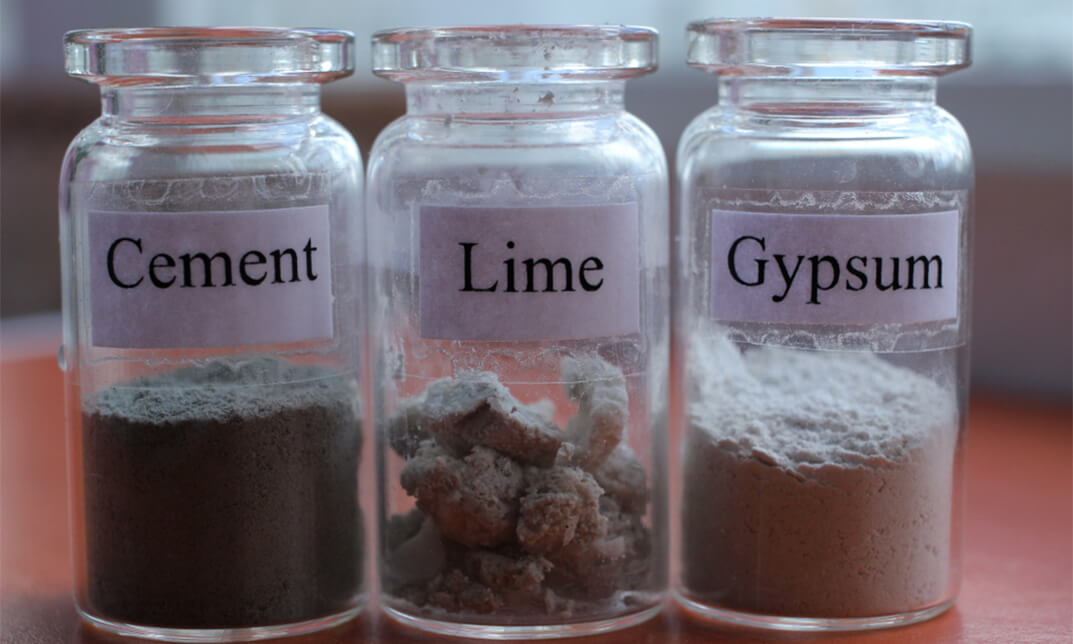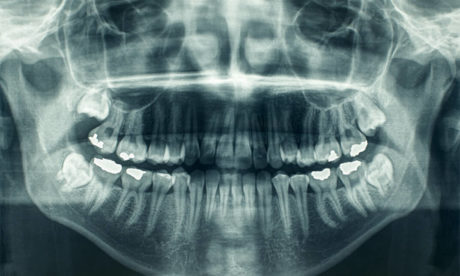You must be logged in to take this course → LOGIN | REGISTER NOW
Can you think of construction without concrete? Where do concrete gets its strength, resistance, and utility?
This course will teach you the basic cement chemistry. You will learn how cement is made and hydrated with its environmental and economic benefits. You’ll learn to test samples in isocalorimetry in order to track the hydration and to prepare and observe samples by scanning electron microscopy. Lastly, you will also learn how X-ray diffraction works and how to apply it to cement.
Assessment
This course does not involve any written exams. Students need to answer 5 assignment questions to complete the course, the answers will be in the form of written work in pdf or word. Students can write the answers in their own time. Each answer needs to be 200 words (1 Page). Once the answers are submitted, the tutor will check and assess the work.
Certification
Edukite courses are free to study. To successfully complete a course you must submit all the assignment of the course as part of the assessment. Upon successful completion of a course, you can choose to make your achievement formal by obtaining your Certificate at a cost of £49.
Having an Official Edukite Certification is a great way to celebrate and share your success. You can:
- Add the certificate to your CV or resume and brighten up your career
- Show it to prove your success
Course Credit: École Polytechnique Fédérale de Lausanne
Course Curriculum
| Introduction | |||
| Teaser | 00:01:00 | ||
| Introduction | 00:02:00 | ||
| Week 1: Research context on sustainable cementitious materials | |||
| Introduction 1: Context | 00:12:00 | ||
| Introduction 2: Why “Portland” cement | 00:14:00 | ||
| Introduction 3: Lowering environmental impact | 00:14:00 | ||
| Introduction 4: LC3: Limestone Calcined Clay Cement | 00:21:00 | ||
| Week 2: Hydration of cement | |||
| Hydration 1: Overview | 00:18:00 | ||
| Hydration 2: C-S-H | 00:23:00 | ||
| Hydration 3: Aluminate hydrates | 00:15:00 | ||
| Week 3: Scanning Electron Microscopy :SEM-EDX | |||
| SEM Sample preparation | 00:04:00 | ||
| Microstructure characterisation by Scanning Electron Microscopy | 00:26:00 | ||
| Week 4: Cement and kinetics | |||
| Kinetics: the Induction period | 00:18:00 | ||
| Kinetics: the Main hydration peak | 00:16:00 | ||
| Kinetics: the “Filler” Effect | 00:08:00 | ||
| Kinetics: After the main peak | 00:18:00 | ||
| Kinetics: Aluminates | 00:15:00 | ||
| Kinetics Development of microstructure | 00:19:00 | ||
| Isothermal Calorimetry | 00:19:00 | ||
| Week 5: X-ray diffraction basics and measurements | |||
| X-ray diffraction applied to cement | 00:07:00 | ||
| X-ray diffraction: History and basics | 00:12:00 | ||
| Inside the powder diffraction pattern | 00:12:00 | ||
| X-ray powder diffraction equipment and data collection | 00:11:00 | ||
| Sample preparation | 00:18:00 | ||
| Qualitative XRD data analysis | 00:16:00 | ||
| Week 6: Advanced data analysis and applications to cement | |||
| The Rietveld method | 00:16:00 | ||
| Rietveld quantitative phase analysis | 00:50:00 | ||
| Conclusions and perspectives on XRD diffraction | 00:03:00 | ||
| Assessment | |||
| Submit Your Assignment | 00:00:00 | ||
| Certification | 00:00:00 | ||
Course Reviews
No Reviews found for this course.






